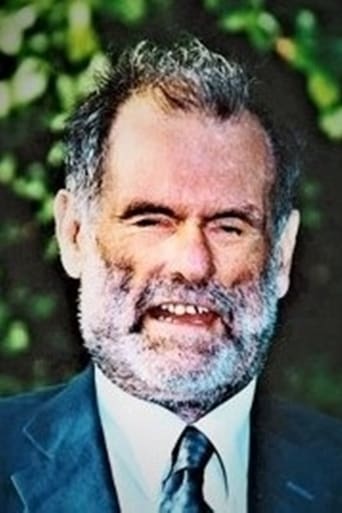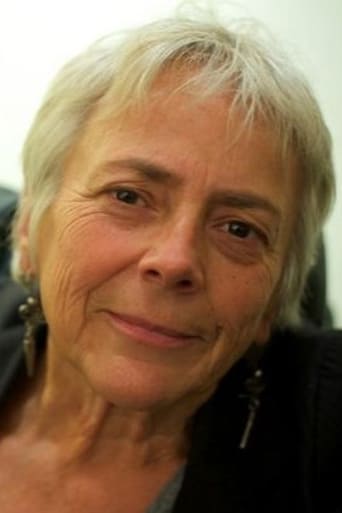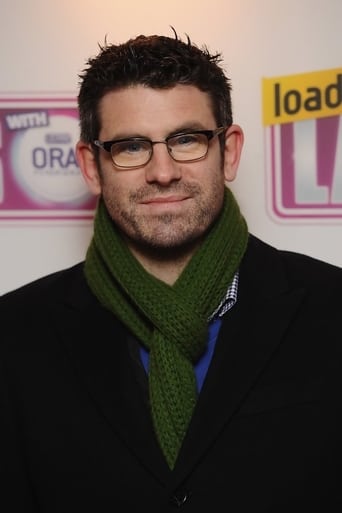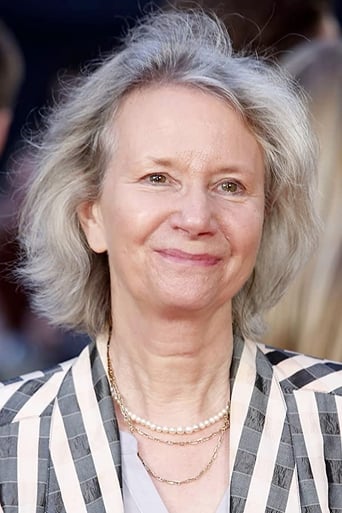Laikals
The greatest movie ever made..!
SunnyHello
Nice effects though.
Livestonth
I am only giving this movie a 1 for the great cast, though I can't imagine what any of them were thinking. This movie was horrible
Abegail Noëlle
While it is a pity that the story wasn't told with more visual finesse, this is trivial compared to our real-world problems. It takes a good movie to put that into perspective.
Gareth Crook
At the beginning of this film onscreen text informs you that John Hull went blind in the 80s and subsequently kept an audio diary. Those original recordings are now used in the film and the actors lip sync to them... It's a beautiful idea and instantly grabs you in this really personal and at times heartbreaking story. Ultimately though, this is expertly crafted and awe-inspiring. It's a theological study as much as a practical one, but John's resolve really leaves you wondering how you'd cope yourself, if you could be as strong. Going blind is a scary thought, but John Hull proves without doubt it need not be.
jvbofjc
Every once in a while a film is made that captures an experience many of us will never encounter, but are richer for learning about said experience. John Hull's academic approach to life has provided a prolific archive of sound recordings documenting his experience with his blindness. Directors/ Writers Middleton and Spinney have provided a cinematic experience of blindness for the seeing. This poetic and inspiring film introduces the world to a remarkably bright, sensitive and expressive human being.
Ian
(Flash Review)Imagine going blind just before the birth of your first child!? That's a bit of a Debbie Downer. That is what happened to writer and theologian John Hull in 1983. His story is told very uniquely through his diary of tape recordings as he documented his traumatic experience while actors lip synced to the recordings. That creative approach was nicely complimented with cinematography that put the viewer in the atmosphere of blindness as much as one can in a visual medium. Many scenes were awkwardly framed with soft and shifting focus. It often felt like a Mark Rothko painting. Anyway, Mr. Hull recorded a plethora of tapes to capture the feeling of being blind, not from the big obvious points, but by highlighting how blindness effects the little things in life such as smiling and how not being able to see a person smile back at you made him feel like smiling is less enjoyable. Overall, this was a slower paced film that effectively portrayed Mr. Hull coming to terms, find reasons for and solutions to living with his blindness.
peefyn
I love the concept behind these. Using actual tapes, editing them together in a way to present them as a narrative, and then creating the visuals to match it. The fact that it is a story about a man who no longer can see, adds to it. It's an interesting way to mix truth and fiction, because the story and dialogue is all real, and could have been presented as a documentary of sorts. But by editing them, adding the environmental sounds, and getting actors to "play it out", it blurs the line in a really interesting way. That, in addition to some of the insights into how it is to become blind, are the clear highlights of the movie. Sadly, it does not have much more to offer that's very interesting.In a way, ironically, I think this story would work better as just the audio. The editing done was brilliant, and combine with the atmospheric sounds added, I think it could have been a really good radio story. With an added level that a story about blindness would have no visuals.





